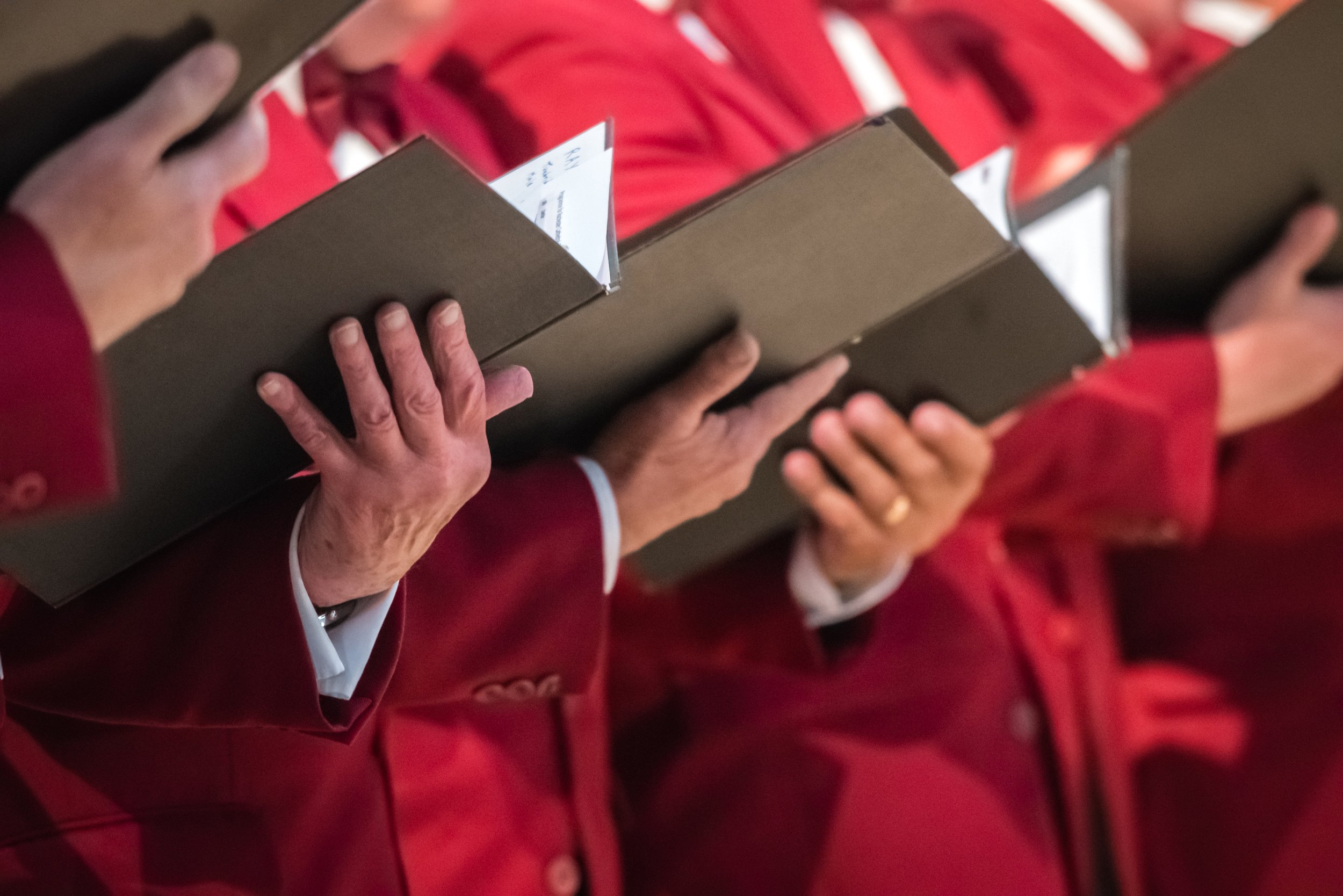
Singing Success Representing Primarily Undergraduate Institutions
Moy, W. and Nichols, B. (2023). Singing Success Representing Primarily Undergraduate Institutions. Choral Journal. Vol. 64 (1), pg. 16-24. https://acda-publications.s3.us-east-2.amazonaws.com/CJ/August2023/Moy_NicholsAug23.pdf
What steps can you take to create a successful choral program?
-
Overview
In this article, Moy and Nichols interview six collegiate choral directors to discuss the importance of singing at Primarily Undergraduate Institutions (PUIs). Throughout the article, the authors share key moments from conductors Jeffrey Benson, Peggy Detwiler, Jason Max Ferdinand, Lynda Hasseler, A. Jan Taylor, and Amy Voorhees on the factors for success in PUIs.
Questions include:
How might teaching at a PUI differ from working at an R1 institution?
How does your pattern of performance opportunities support sustained student interest?
What cultural norms and activities promote recruitment and retention?
How do you recruit from music and non-music majors at your school?
How does your school promote or support choral singing institutionally?
What successes and challenges are unique to PUIs or helpful for directors at PUIs to consider?
What advice would you offer a new conductor at a primarily undergraduate institution?
-
Considerations
The article's authors offer readers an opportunity to gain insights into the music-making process in Primarily Undergraduate Institutions (PUIs) through interviews with six diverse choral conductors in the field. Although each interviewee has different backgrounds, education, training, and teaching experiences, their perspectives provide us with an understanding of how singing can be successful in PUIs. The main component that contributes to success is administrative support, which is emphasized as the overarching theme.
-
Derrick's Riff
The insights gleaned from the interviewees offer valuable lessons that can be applied across all levels of choral education to achieve similar success. One overarching theme is the importance of administrative support, which underscores the need for resources, infrastructure, and encouragement to foster thriving choral programs. This highlights the significance of advocacy and collaboration between conductors and institutional stakeholders, regardless of the educational setting.
Conductors at all levels can benefit from leveraging cultural norms, diverse performance opportunities, and inclusive practices to attract and retain students from varied backgrounds and interests. Building strong relationships with students, fostering a supportive environment, and promoting the broader value of choral singing beyond music majors are essential principles that can be applied across educational contexts.
By adopting a student-centered approach, advocating for institutional support, and cultivating a culture of excellence and inclusivity, choral conductors can cultivate vibrant and sustainable programs regardless of their institutional affiliation. In essence, the lessons learned from successful choral programs at PUIs serve as guiding principles that can empower conductors at all levels to achieve similar levels of success in their respective contexts.